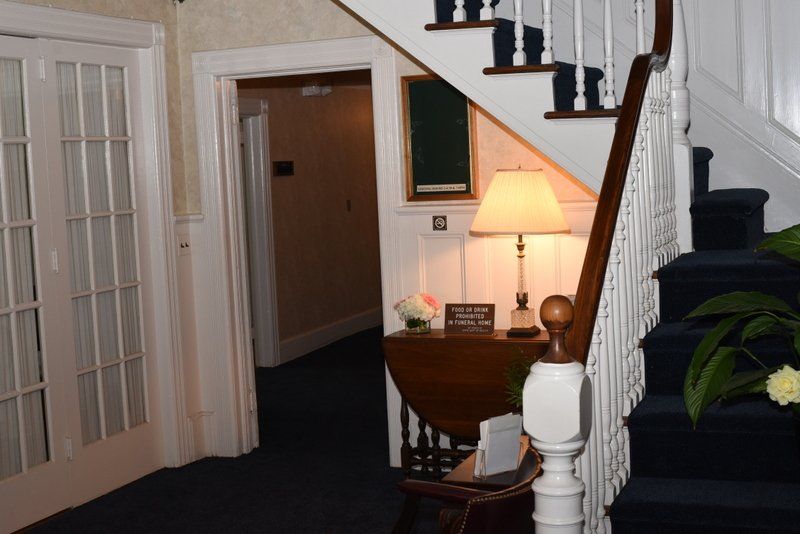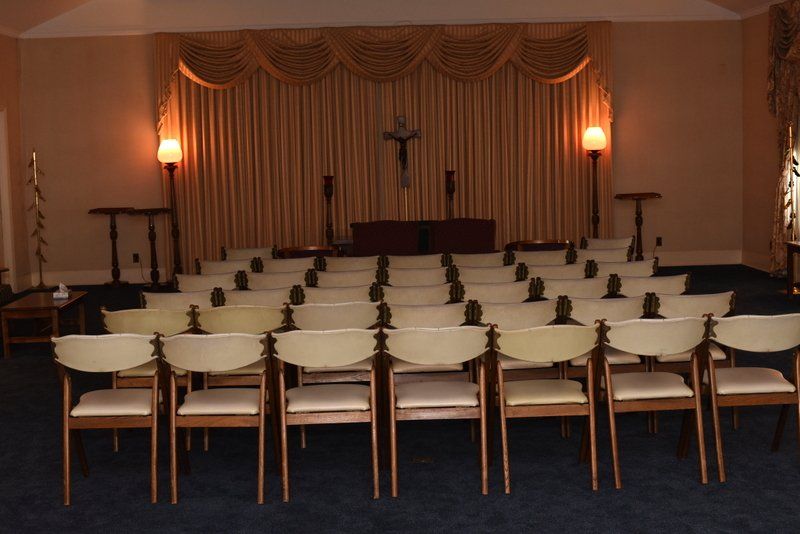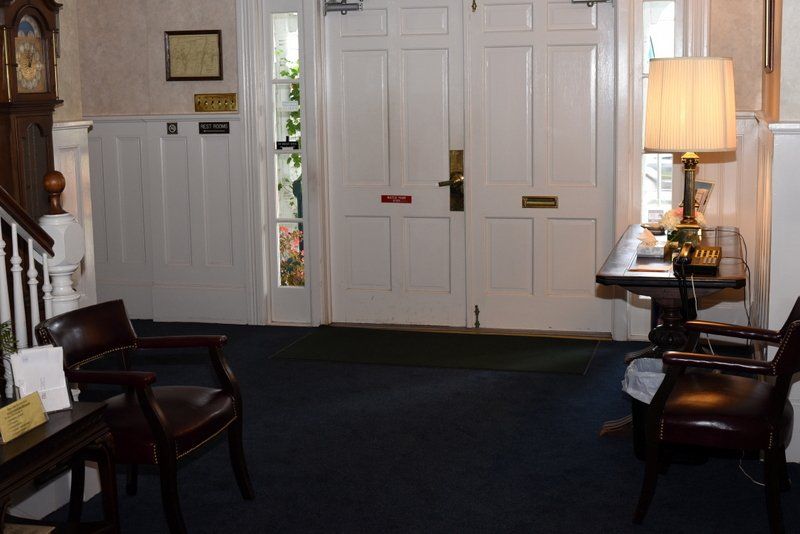Planning For a Funeral
Planning a funeral can be an emotionally difficult process. You’re dealing with the recent passing of a loved one; if you didn’t know their final wishes in terms of what sort of service they’d prefer, the process can seem daunting at the very least. Here at the Overton Funeral Home, our compassionate and experienced funeral directors are here to help you navigate this difficult time. We’ll review your options with you and help you make all the decisions you need, then handle all the logistics so you can focus on what’s most important. We will help plan funerals, cremations, memorial services, and more; we even offer pre-planning packages for anyone who would like to plan their own service in advance. This makes it easier for surviving loved ones to carry out your wishes.
What Should You Do if a Death Occurs?
IF A DEATH OCCURS UNEXPECTEDLY: Do not assume the person is dead. Contact 911 or your local emergency rescue service, whether it be a fire department or an exchange ambulance.
IF AN EXPECTED DEATH OCCURS AT HOME AND THE PERSON WAS UNDER HOSPICE CARE: Contact the hospice agency first. Once the hospice has been notified, contact our funeral home and advise us that you have informed hospice and you would like Overton Funeral Home to handle the arrangements. A funeral director is on call 24 hours a day, 7 days a week, every single day of the year. Once the hospice nurse has made a pronouncement of death, your funeral director may be contacted to come to the home. When the surviving family members have had the opportunity to say their good-byes, the funeral director will bring the deceased to the funeral home. The funeral director will arrange a time for you to complete the arrangements.
IF AN EXPECTED DEATH OCCURS AT A HOSPITAL OR NURSING HOME: The survivors will be notified, and in most cases the survivors will have the opportunity to spend time with the deceased one last time. In this case time is not as critical, but you may notify the funeral director of the death and request the removal of the deceased happen as soon as possible, especially if the person is in a nursing home. When the funeral director is notified, you will be asked for the name, address and phone number of the next of kin as well as the location of the deceased. You may also be asked some other related questions such as the following:
• Do you plan to have a viewing?
• Do you give permission for embalming if there is to be an open casket?
• Have you thought about burial or cremation?
While burial has long been considered the traditional form of final disposition, cremation has now become a popular and, to many families, a preferred way, to handle the disposition of a loved one. Many families opt to have a traditional open casket visitation followed by a religious service, but instead of proceeding to a cemetery, their loved one will be brought to the crematory. Some families choose to simply have what is known as a direct, or immediate, cremation. There is still the opportunity to say goodbye to your loved one prior to the cremation if you choose this option. Please ask one of our funeral directors for more information on planning for a cremation ceremony, a burial, or even for a memorial service after the disposition has taken place. We will answer all of your questions and address all of your concerns.
Cremation Services
One of the most important decisions to be made during the funeral arranging process is whether your loved one will be buried or cremated. While burial had long been the more traditional choice, more and more families have elected for cremation. Here are some of the benefits of cremation:
- Cost: Cremation tends to be much less expensive than burial, as you do not need to choose a casket or cemetery plot. However, the costs can vary depending on the urn or services you choose.
- Economical: Cemeteries have been around for centuries, and many are beginning to become overcrowded. Choosing cremation allows you to save space - even if you still choose to bury your loved one in a cemetery, an urn vault is significantly smaller than a burial vault.
- Flexibility: Choosing cremation doesn't mean that you need to sacrifice traditional burial rituals - you can still have a traditional funeral service and even a viewing if that is what you prefer. This can give loved ones some closure and allow your family to adhere to your traditions.
- Convenient: If you're not sure what your loved one's final resting place should be, choosing cremation allows your family to defer that decision until another time. While burials are time sensitive, cremated remains are extremely portable and can be kept safely in their container for years before you move them elsewhere - even if that simply means transferring them to another urn.
The Arrangement Conference
Since for many of us, years pass between the losses of loved ones, it is difficult to know what information is needed and what items to bring with you to the funeral home when making arrangements. Because of this, we have created an all-inclusive list that will serve you well regardless of what kind of funeral arrangements you are making for your loved one. This list may be found below.
For more information about what’s required for a death certificate, click here .



